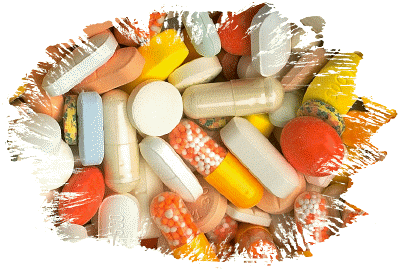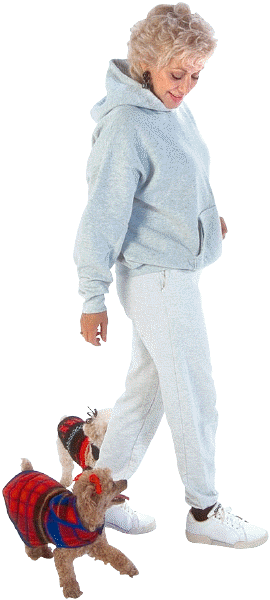 BE SURE TO GET ENOUGH FIBER: Eat a diet that is high in fiber. This is important for keeping the colon clean and ridding the body of toxins.
EAT MORE ZINC: Include foods rich in zinc in your diet, including shellfishk, soybeans, whole grains, sunflower seeds, and a small amount of raw nuts daily. Zinc is an antibacterial agent and a necessary element in the oil-producing glands of the skin. A diet low in zinc may promote flare-ups.
AVOID ALL FORMS OF SUGAR: Sugar impairs immune function. In addition, biopsies of individuals with acne have shown their tissues' glucose tolerance to be seriously flawed.
ELIMINATE ALL PROCESSED FOODS: Highly processed foods contain high levels of iodine, which is known to worsen acne. For the same reason, avoid fish, kelp, and onions. BE SURE TO GET ENOUGH FIBER: Eat a diet that is high in fiber. This is important for keeping the colon clean and ridding the body of toxins.
EAT MORE ZINC: Include foods rich in zinc in your diet, including shellfishk, soybeans, whole grains, sunflower seeds, and a small amount of raw nuts daily. Zinc is an antibacterial agent and a necessary element in the oil-producing glands of the skin. A diet low in zinc may promote flare-ups.
AVOID ALL FORMS OF SUGAR: Sugar impairs immune function. In addition, biopsies of individuals with acne have shown their tissues' glucose tolerance to be seriously flawed.
ELIMINATE ALL PROCESSED FOODS: Highly processed foods contain high levels of iodine, which is known to worsen acne. For the same reason, avoid fish, kelp, and onions.

Lifestyle Changes

Medical Options and Precautions
DRUGS:
- Isotretinoin (Accutane): This drug is used for severe acne cases. it disrupts plug formation and shrinks the sebaceous glands. Isotretinoin cures or greatly reduces acne in about 90 percent of the people who use it, but it can cause side effects like dry skin and nosebleeds. It can also be dangerous if a woman taking theis drug becomes pregnant, because it can cause severe birth defects, such as fetal brain deformities.


|
 Knowledge gives a person many options for managing Acneand
they can then personally take charge of the effect this disease is having on their life.
Knowledge gives a person many options for managing Acneand
they can then personally take charge of the effect this disease is having on their life. BE SURE TO GET ENOUGH FIBER: Eat a diet that is high in fiber. This is important for keeping the colon clean and ridding the body of toxins.
BE SURE TO GET ENOUGH FIBER: Eat a diet that is high in fiber. This is important for keeping the colon clean and ridding the body of toxins.

